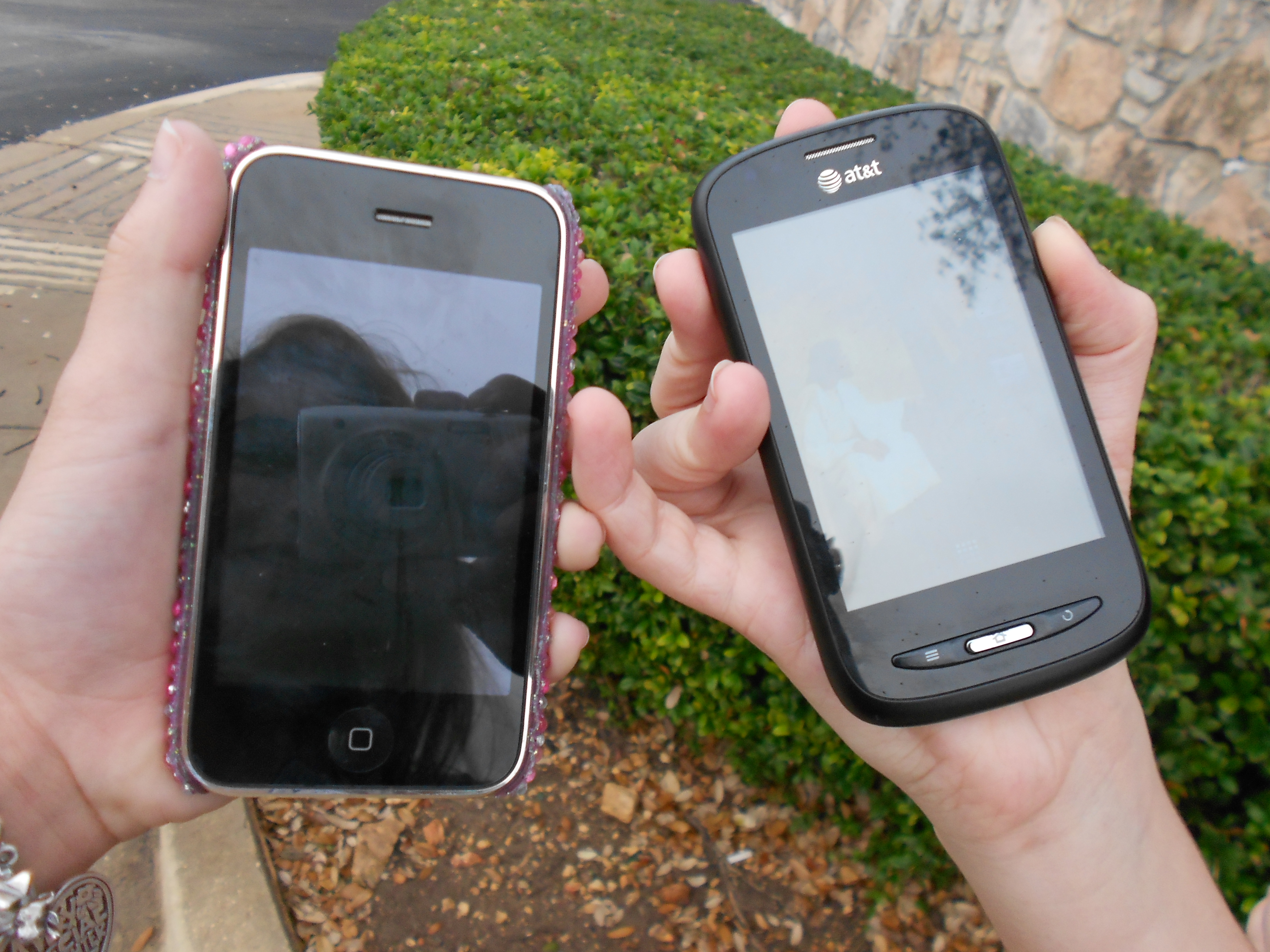
As the smartphone era continues to progress, it’s apparent that the iPhone and Android phones are the most successful and commercialized mobile devices on the market, due to their superior performance and, most importantly, their application browsers. While they both offer the same products (like movies, apps, and music,) surely one has to be better on the other based on selection, amount of free applications, and user friendliness. It’s a back and forth argument between both sides, with each outdoing the other in multiple areas.
What initially attracts people to the two stores is the presence of free apps. It’s always a delight to scroll through the free apps and click the “download” button for anything that looks interesting without any second thought. Anyone that shares that mentality would definitely favor the Android Market. With over 65 percent of the apps for free, it just about doubles the percentage of free apps from the iTunes store. Although the App Store is one sixth larger than the market at 600,000 available apps, the Android Market leads in the free app catergory.
“[I would] Definitely [go with] the Android Market,” said Junior Cody Knoblock. “It has more to offer and most of their products are free.”
When it comes to convenience, the Android Market has virtually all the features that Apple lags. Partnered with Google, the Market has taken many steps towards a more efficient system. Take app synchronization for example, it doesn’t exist for Android driven phones. Apps can either be downloaded straight from the phone itself, or the consumer can download the app from the Internet using their Google Account and the app will automatically be sent to the phone- no USB cable necessary.
Another idea Apple never thought of or found within their better interests is a return policy for unsatisfactory apps. While all apps under Apple are “technically” refundable, the consumer themselves have to request a refund and contact a sales representative before they can be reimbursed The Android Market offers the customer a fifteen minute window in which to decide whether their newly purchased app is worth the money. That’s pretty cool, even though only about thirty percent of Android’s apps have to be paid for.
Despite the superiority of the Android Market, the Apple Store has a huge foundation of customers due to the popularity of the iconic iPhone and the fact that Apple not only pioneered modern apps, but also started the mass sales of apps, as the number of app sale is currently just shy of 25 million downloads.
“It’s all about the Apple Store,”junior Brandon Lugo said. “Apple was here first and Android just copies all the apps that Apple produces.”
As cool and original as the iTunes store might be, consumer can’t deny the fact that the Android Market has the power of Google behind it all, which not only matches the Apple iTunes Store, but has innovated ideas and features that top the app store charts when it comes to user friendliness and satisfaction.







